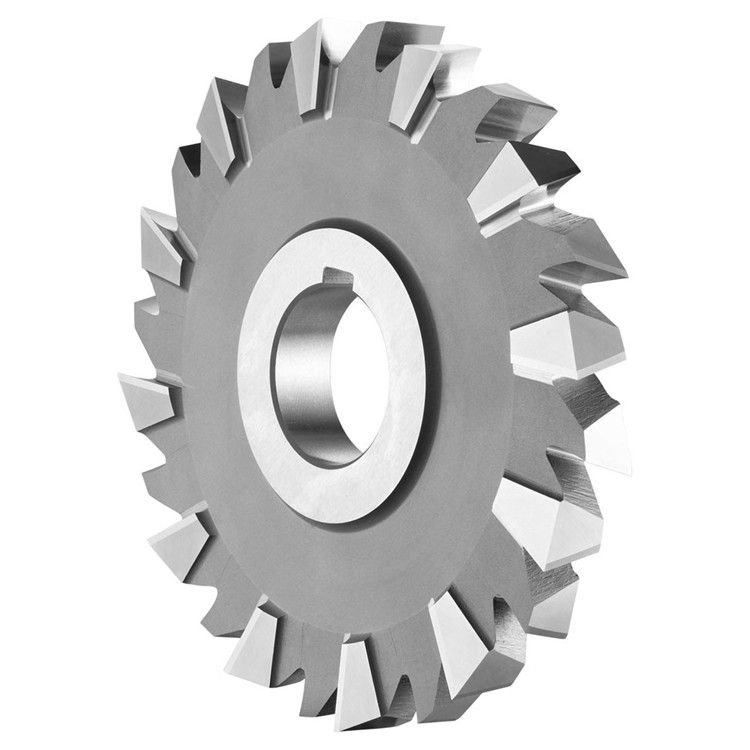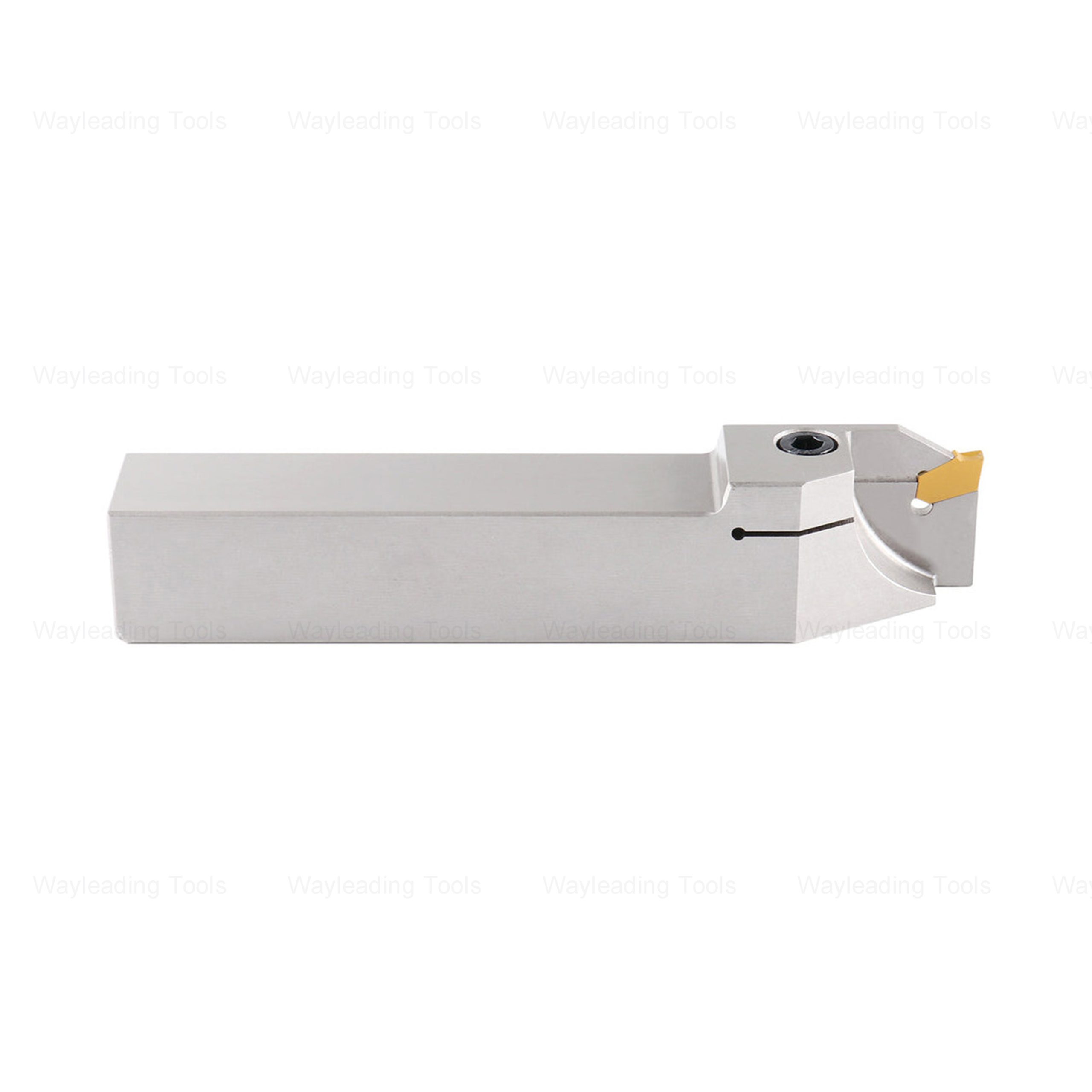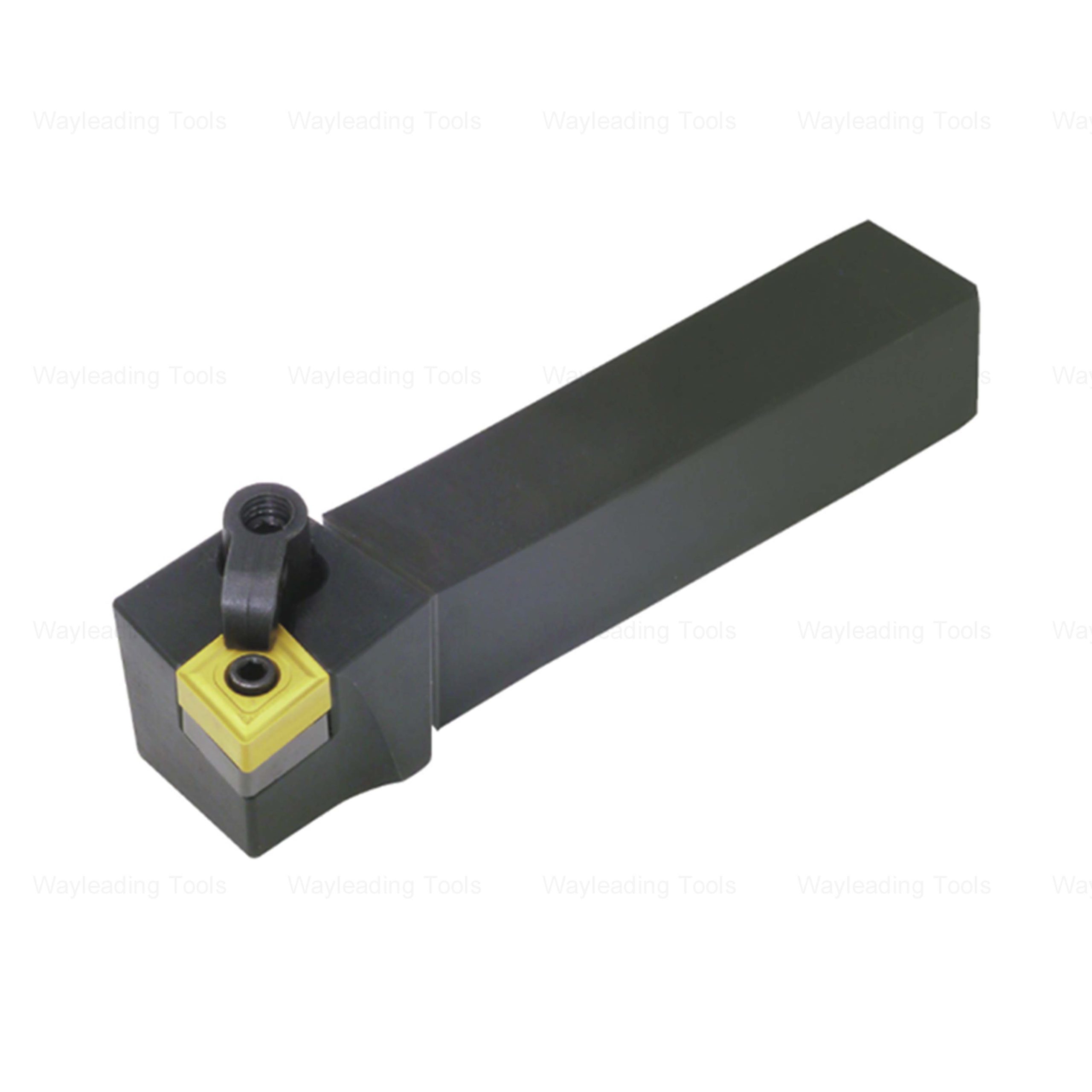Lathe Chuck Factories
Finding the right lathe chuck is crucial for precision machining. This guide explores top lathe chuck factories, covering different types, factors to consider when choosing a manufacturer, and what to expect in terms of quality and service. We delve into crucial features, materials, and applications to ensure you make an informed decision, optimizing your turning operations.
Understanding Lathe Chucks
A lathe chuck is a specialized clamping device used on a lathe to hold a workpiece securely while it is being machined. Different types of chucks are designed for various applications and workpiece geometries.
Types of Lathe Chucks
Several types of lathe chucks exist, each offering unique benefits:
- Three-Jaw Chuck (Self-Centering): Ideal for quickly and accurately clamping round or hexagonal stock. They are widely used for general machining purposes due to their ease of use.
- Four-Jaw Chuck (Independent): Each jaw can be adjusted independently, making them suitable for clamping irregular shapes or offset turning. They require more setup time but offer greater precision.
- Collet Chuck: Provides highly accurate clamping of round or hexagonal stock. Collets are interchangeable inserts that precisely match the workpiece diameter.
- Faceplate: A large, flat plate used to secure workpieces that are difficult to hold in a standard chuck.
- Magnetic Chuck: Uses magnetic force to hold ferrous workpieces. Useful for thin or delicate parts where clamping pressure could cause distortion.
- Pneumatic/Hydraulic Chuck: Offer quick and consistent clamping force, ideal for high-volume production.
Choosing a Lathe Chuck Factory: Key Considerations
Selecting the right lathe chuck factory is critical for ensuring the quality, reliability, and performance of your chuck. Here are key factors to consider:
Quality and Materials
The quality of materials and manufacturing processes directly impacts the longevity and accuracy of the lathe chuck. Look for factories that use high-grade steel alloys and employ stringent quality control measures. Common materials include:
- Alloy Steel: Provides high strength, wear resistance, and dimensional stability.
- Case Hardened Steel: Offers a hard surface for wear resistance and a tough core for impact resistance.
Inquire about the factory's heat treatment processes and certifications, such as ISO 9001, which indicates a commitment to quality management.
Manufacturing Capabilities and Technology
A reputable lathe chuck factory should possess advanced manufacturing capabilities, including CNC machining, grinding, and testing equipment. This ensures precise tolerances and consistent quality. Modern CNC machinery allows for complex designs and tight tolerances.
Ask about their experience with different types of lathe chucks and their ability to customize designs to meet specific requirements. Wayleading Tools prides itself on its state-of-the-art CNC machining capabilities, allowing for unparalleled precision and customization in our lathe chuck production.
Range of Products and Customization
A comprehensive lathe chuck factory offers a wide range of chucks to suit various lathe models and applications. They should also be able to provide customized solutions, including:
- Custom Jaw Designs: Tailored to specific workpiece geometries.
- Specialized Mounting Systems: Adapting the chuck to different lathe spindle configurations.
- Modified Chuck Bodies: Accommodating unique space constraints or operational requirements.
Pricing and Lead Times
Obtain quotes from multiple lathe chuck factories to compare pricing. However, prioritize quality and reliability over the lowest price. Consider the factory's lead times and their ability to meet your production schedule. Inquire about minimum order quantities and payment terms.
Customer Support and Service
Choose a lathe chuck factory that provides excellent customer support and service. This includes technical assistance, installation guidance, and after-sales support. A responsive and knowledgeable support team can help you troubleshoot issues and ensure optimal performance. Wayleading Tools offers comprehensive customer support, from initial consultation to ongoing technical assistance. We are committed to ensuring our customers receive the support they need to maximize the value of our products.
Top Lathe Chuck Factories (Hypothetical Examples)
While this section will not name specific manufacturers, here are hypothetical examples of what a top factory might offer:
Factory A: High-Precision Chucks
Specializes in high-precision lathe chucks for aerospace and medical applications. Uses advanced materials and CNC machining to achieve extremely tight tolerances. Offers custom jaw designs and specialized mounting systems.
Factory B: Heavy-Duty Chucks
Focuses on robust lathe chucks for heavy-duty machining and oil & gas industries. Manufactures chucks with high clamping force and exceptional durability. Offers a wide range of sizes and jaw configurations.
Factory C: Pneumatic and Hydraulic Chucks
Expertise in pneumatic and hydraulic lathe chucks for high-volume production. Provides quick and consistent clamping force, reducing cycle times. Offers integrated control systems and automation solutions.
Common Lathe Chuck Problems and Solutions
Even with high-quality chucks, problems can arise. Here are some common issues and their solutions:
Problem 1: Slippage
Cause: Insufficient clamping force, worn jaws, or contaminated surfaces.
Solution: Increase clamping force, replace worn jaws, clean chuck and workpiece surfaces.
Problem 2: Runout
Cause: Damaged chuck body, worn bearings, or improper mounting.
Solution: Inspect and repair or replace the chuck body, replace worn bearings, ensure proper mounting and alignment.
Problem 3: Jaw Binding
Cause: Lack of lubrication, debris accumulation, or worn components.
Solution: Lubricate the chuck regularly, clean out debris, and replace worn components.
Lathe Chuck Maintenance Best Practices
Proper maintenance is essential for extending the life and performance of your lathe chuck. Here are some best practices:
- Regular Cleaning: Clean the chuck regularly to remove chips, dirt, and coolant.
- Lubrication: Lubricate the chuck with the recommended lubricant to ensure smooth operation.
- Inspection: Inspect the chuck for wear, damage, and loose components.
- Proper Storage: Store the chuck in a clean, dry place when not in use.
Conclusion
Choosing the right lathe chuck factory requires careful consideration of quality, manufacturing capabilities, product range, pricing, and customer support. By following the guidelines outlined in this article, you can select a reliable factory that will provide you with high-quality lathe chucks that meet your specific needs. Remember to prioritize quality and performance over the lowest price to ensure long-term reliability and accuracy in your machining operations. Learn more about selecting the right tooling solutions at Wayleading Tools.
Related products
Related products
Best selling products
Best selling products-
 CCMT Turning Insert For Indexable Turning Tool Holder
CCMT Turning Insert For Indexable Turning Tool Holder -
 Digital Indicator – Precision Type, Inch/Metric, Industrial Grade
Digital Indicator – Precision Type, Inch/Metric, Industrial Grade -
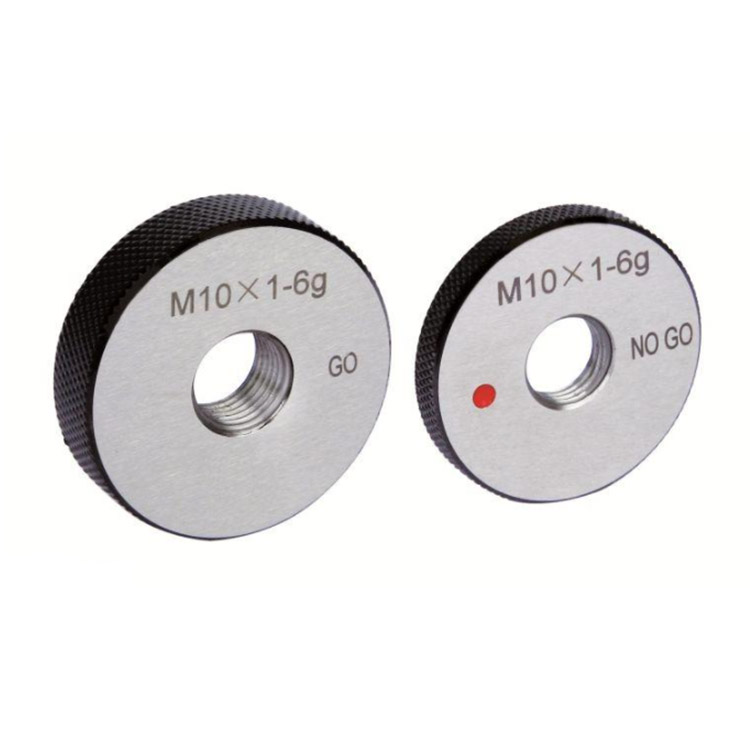 Metric Thread Ring Gauge 6g Accuracy With Go & NO Go
Metric Thread Ring Gauge 6g Accuracy With Go & NO Go -
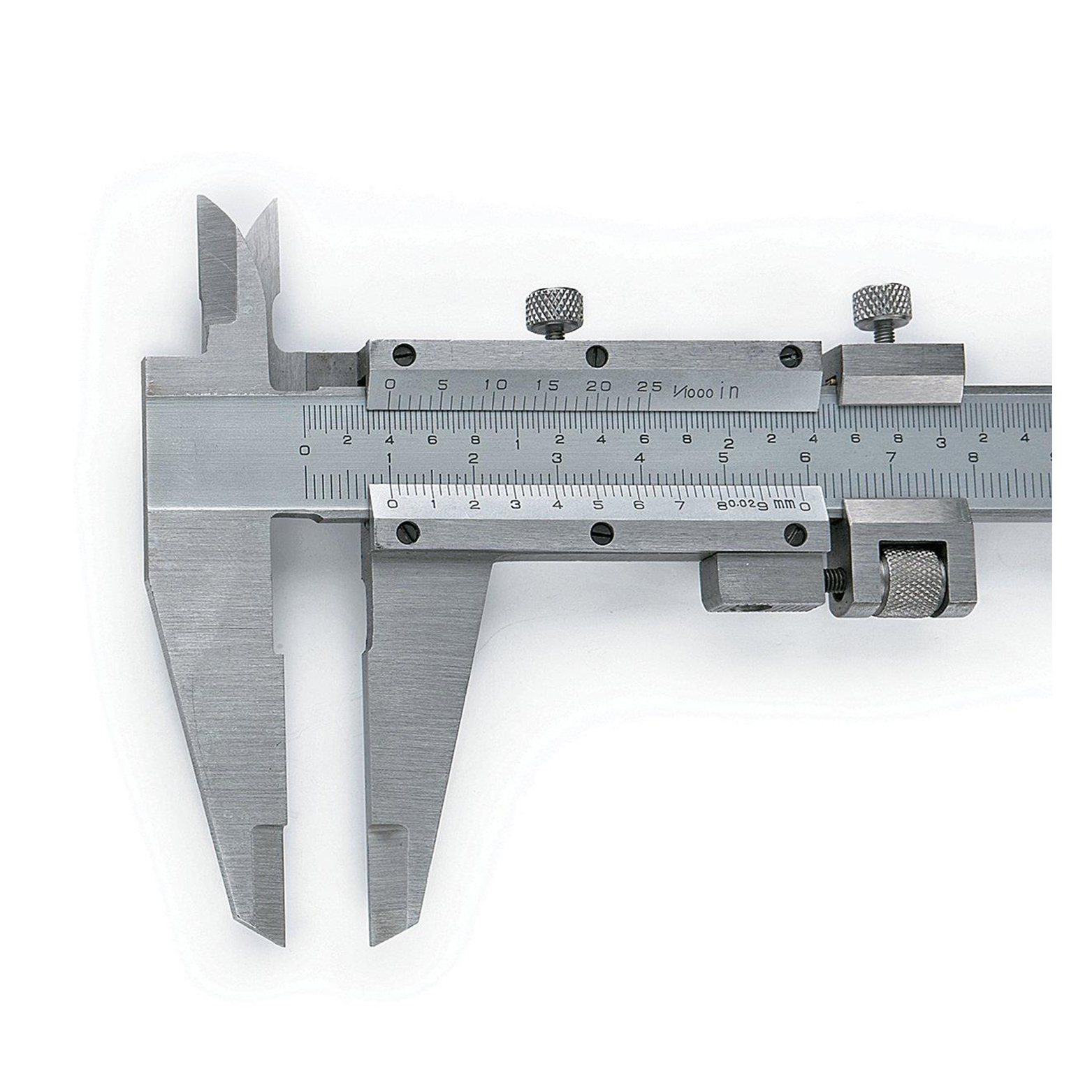 Precision Fine-Adjustment Vernier Caliper Of Metric & Imperial For Industrial
Precision Fine-Adjustment Vernier Caliper Of Metric & Imperial For Industrial -
 Precision Micrometr Holder For Micrometer
Precision Micrometr Holder For Micrometer -
 Precision V Block Set With High Quality Type
Precision V Block Set With High Quality Type -
 HSS Annular Cutters With Weldon Shank For Metal Cutting
HSS Annular Cutters With Weldon Shank For Metal Cutting -
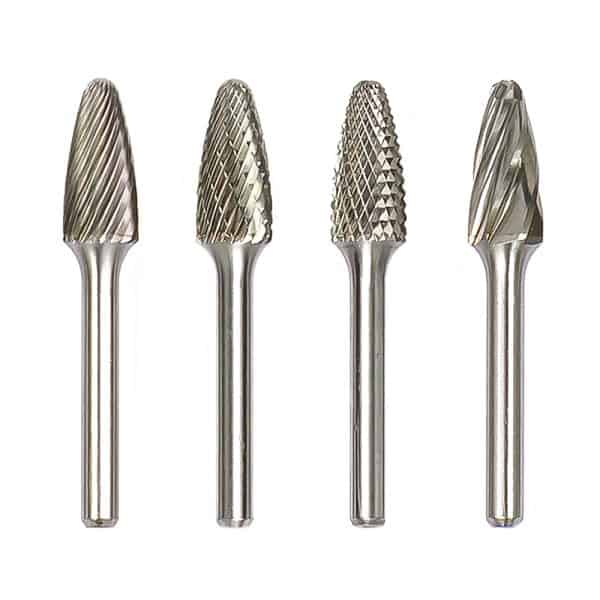 Type F Ball Nose Tree Tungsten Carbide Rotary Burr
Type F Ball Nose Tree Tungsten Carbide Rotary Burr -
 Dial Bore Guage From 6-450mm Range
Dial Bore Guage From 6-450mm Range -
 Double-beam Digital Gauge With Digital Counter
Double-beam Digital Gauge With Digital Counter -
 HSS Metric & Inch Woodruff Keyseat Cutter With Straight Or staggered Teeth
HSS Metric & Inch Woodruff Keyseat Cutter With Straight Or staggered Teeth -
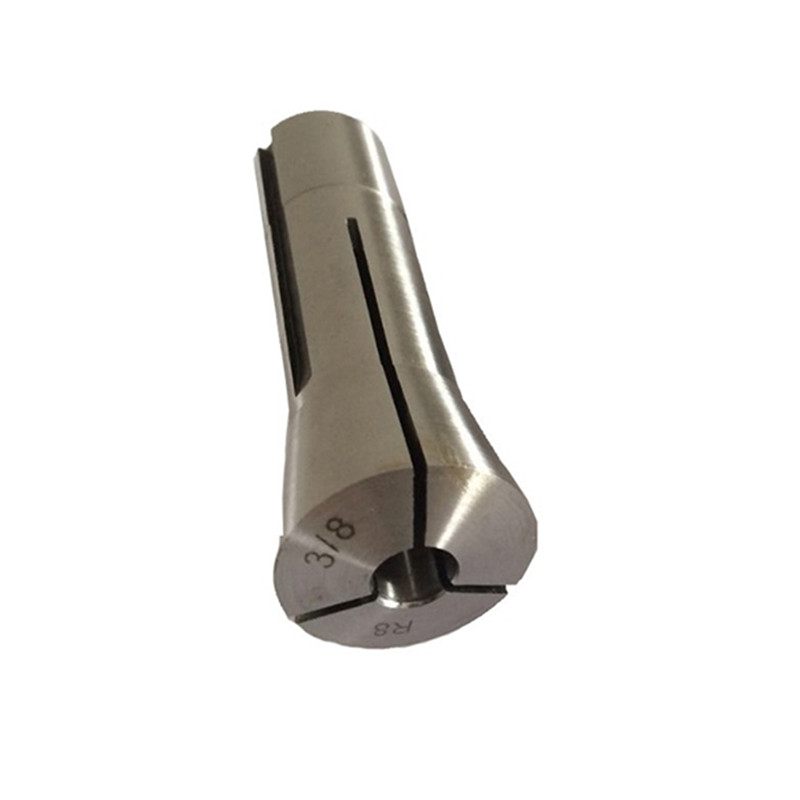 R8 Round Collet With Inch and Metric Size
R8 Round Collet With Inch and Metric Size



